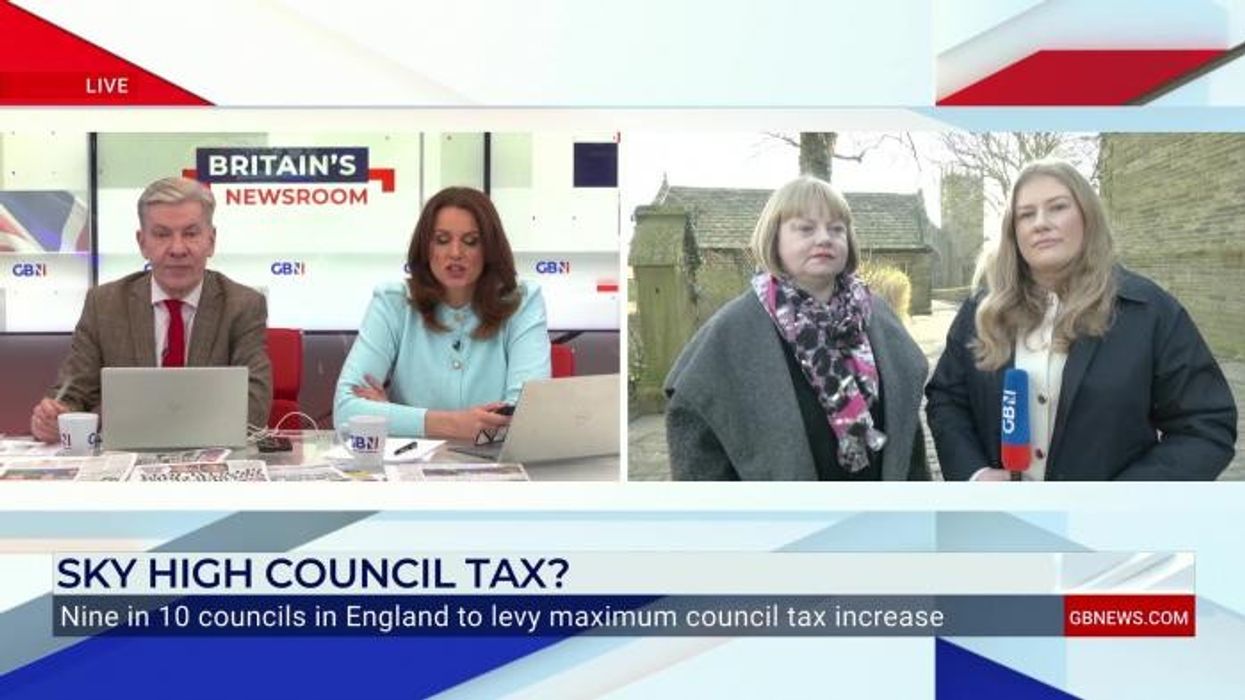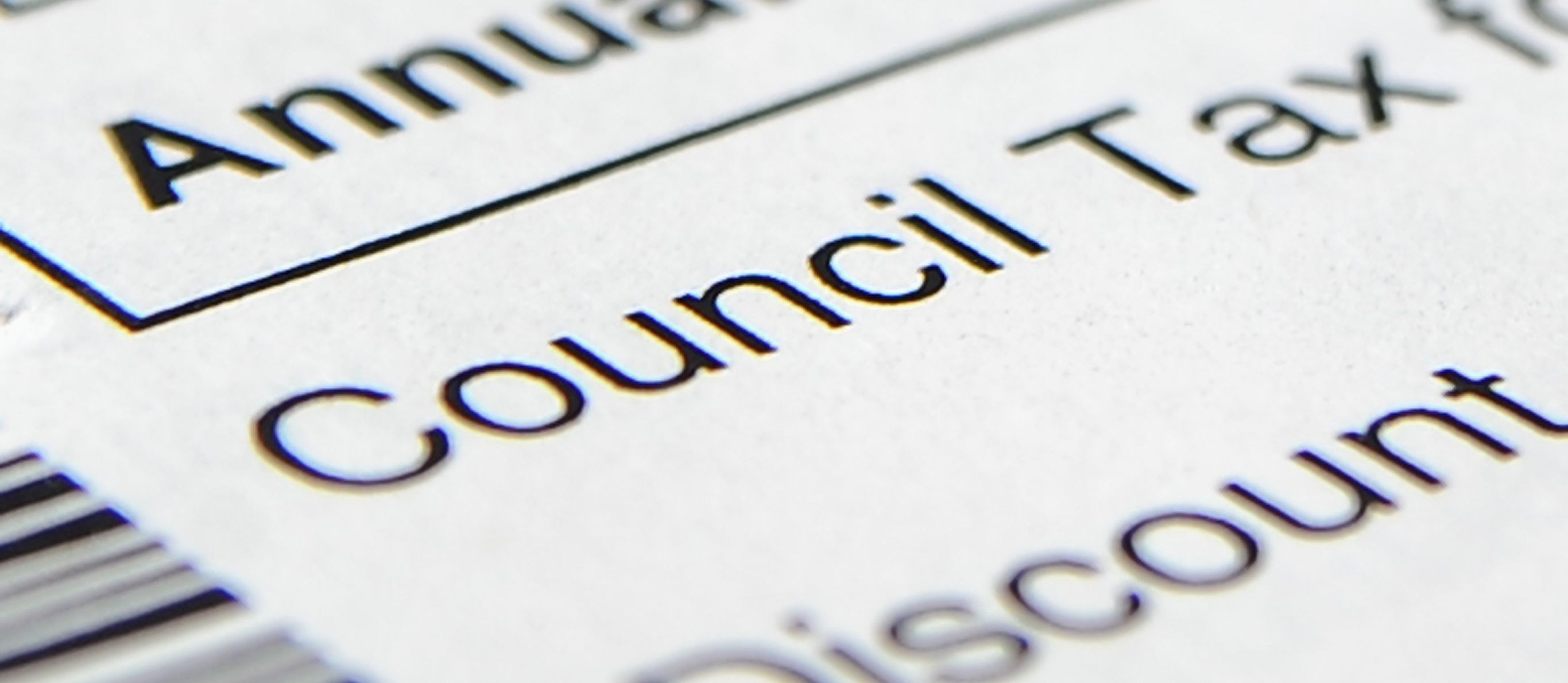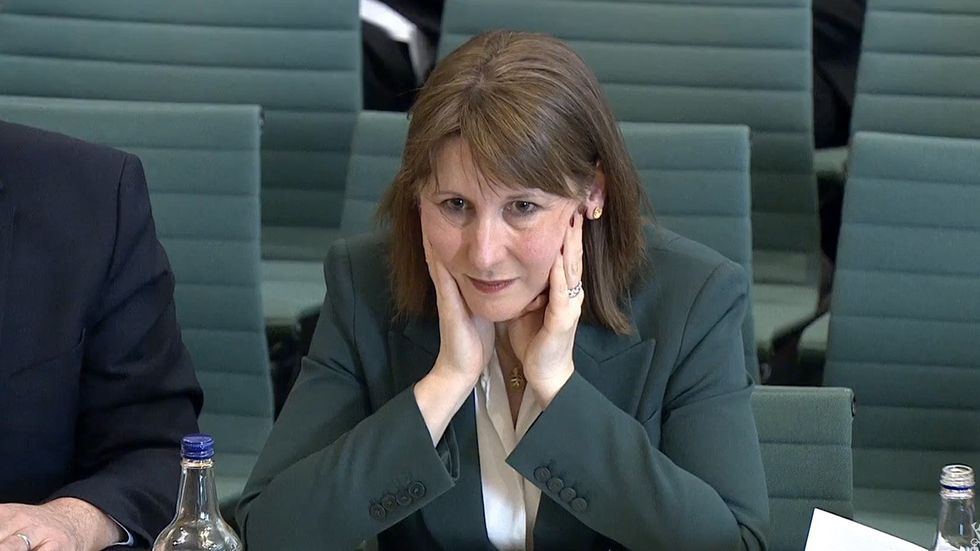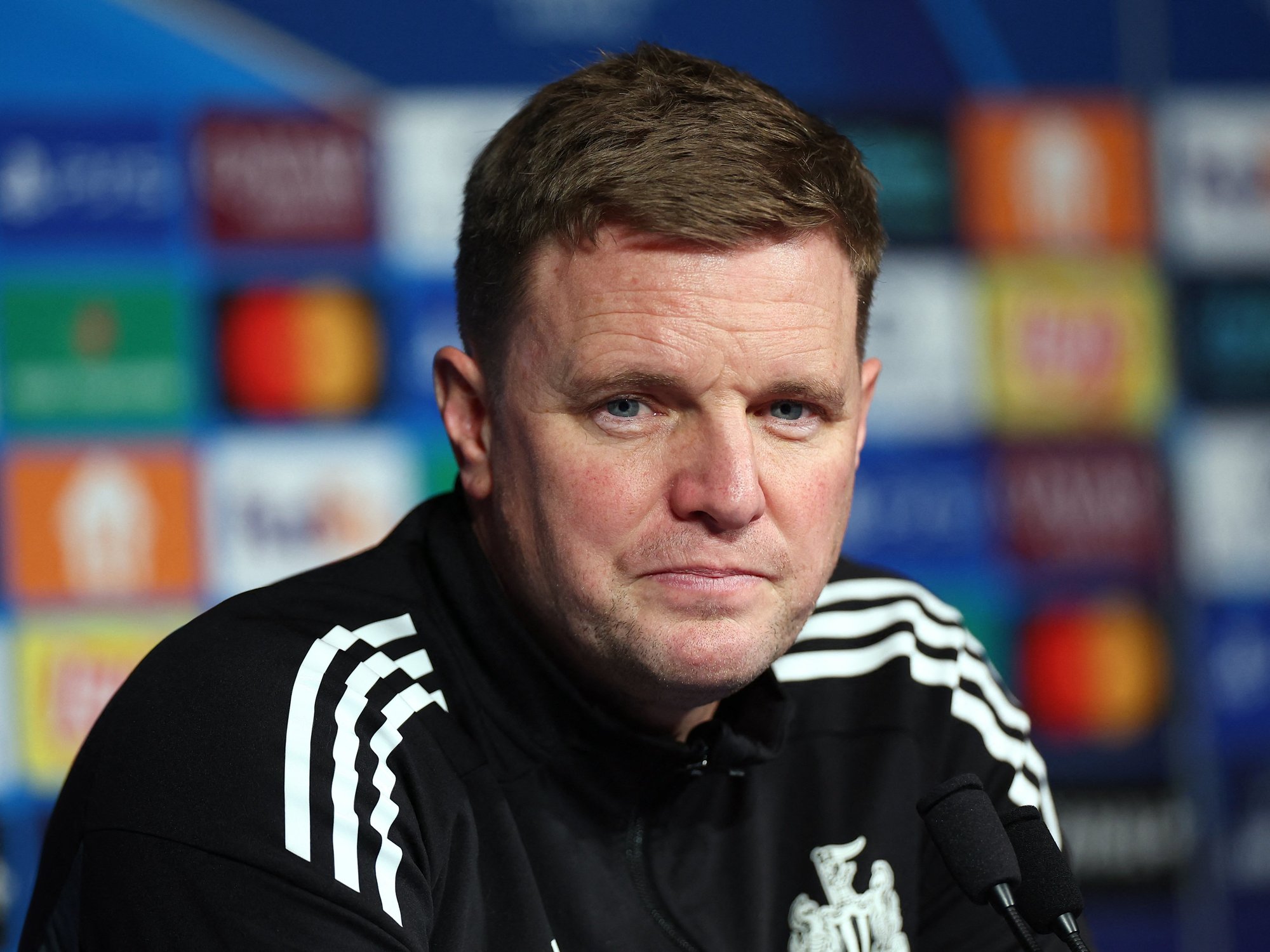Council tax warning: Households face higher bills as Rachel Reeves under pressure to raise tax revenue

'We just can't afford it!' Bradford resident hits out as Council Tax to rise to maximum |
GBNEWS

The international body recommended re-evaluating council tax bands based on current property values as a revenue-raising measure
Don't Miss
Most Read
The Chancellor has been urged to look at council tax bands as a way to boost the economy after growth figures were released yesterday.
The proposals come as the Chancellor faces pressure to boost Government revenues whilst constrained by manifesto pledges.
The Organisation for Economic Cooperation and Development has urged Chancellor Rachel Reeves to reform council tax bands and close tax loopholes as it downgraded Britain's growth prospects. The OECD reduced its UK growth forecast for this year from 1.4 per cent to 1.3 per cent.
The international body recommended re-evaluating council tax bands based on current property values as a revenue-raising measure.
The OECD said: "A balanced approach should combine targeted spending cuts, including closing tax loopholes; revenue-raising measures such as reevaluating council tax bands based on updated property values; and the removal of distortions in the tax system."
 Taxpayers are struggling with the unsustainable burden of council tax | PA
Taxpayers are struggling with the unsustainable burden of council tax | PACouncil tax bands have remained unchanged since the system's introduction in 1991, despite average house prices rising by over 400 per cent. Properties across England and Wales were originally placed into one of eight bands based on their 1991 valuations.
A re-evaluation would likely result in higher bills for households in larger properties and expensive areas, particularly in the South East. Previous Governments have avoided updating the bands due to fears of public opposition.
The Institute for Fiscal Studies has also called for urgent council tax reform to stimulate UK growth. The think tank views the current system as outdated and in need of modernisation to reflect contemporary property values.

Households face higher bills as Rachel Reeves under pressure to raise tax revenue
| Parliament TVThe OECD's economists forecast growth of just one per cent for 2026, down from their previous projection of 1.2 per cent. The organisation warned that inflation would likely remain persistent, potentially forcing the Bank of England to maintain elevated interest rates.
The report stated: "Bank Rate is projected to be lowered gradually from its current value of 4.25 per cent and reach a terminal value of 3.5 per cent in the second quarter of 2026, as inflation continues to converge towards target and growth slows below potential."
The OECD expects rates to fall by 0.75 percentage points during this cycle but anticipates this reduction will take a full year to materialise.
Britain's manufacturing sector continued to contract in May, with the S&P Global UK Manufacturing Purchasing Managers' Index recording 46.4.
The industry faced subdued global demand, volatile trading conditions and rising cost pressures, affecting output and employment.
Manufacturing production declined for the seventh consecutive month, whilst new business fell for the eighth month running due to a "general reluctance among clients to commit to new contracts"

The OECD's economists forecast growth of just one per cent for 2026, down from their previous projection of 1.2 per cent
| GETTYDeutsche Bank analysts expect "upwards of £10billion in tax rises to be announced in the autumn Budget".
The Chancellor faces difficult choices after pledging not to increase income tax, national insurance or VAT.
Economists warn that Reeves will need to raise taxes if Britain's finances fail to improve.
More From GB News










